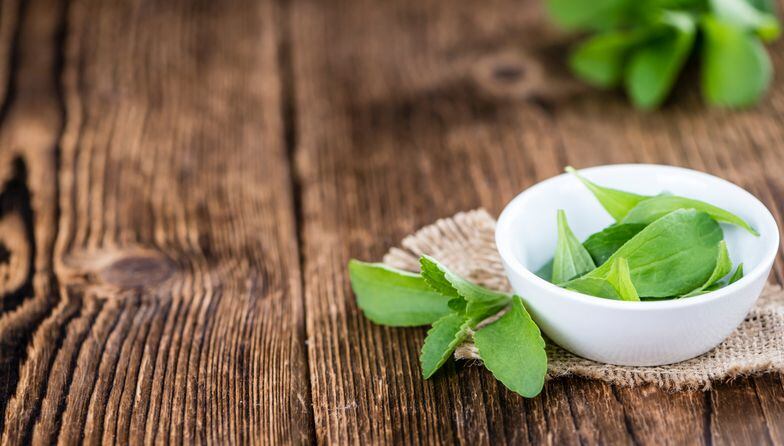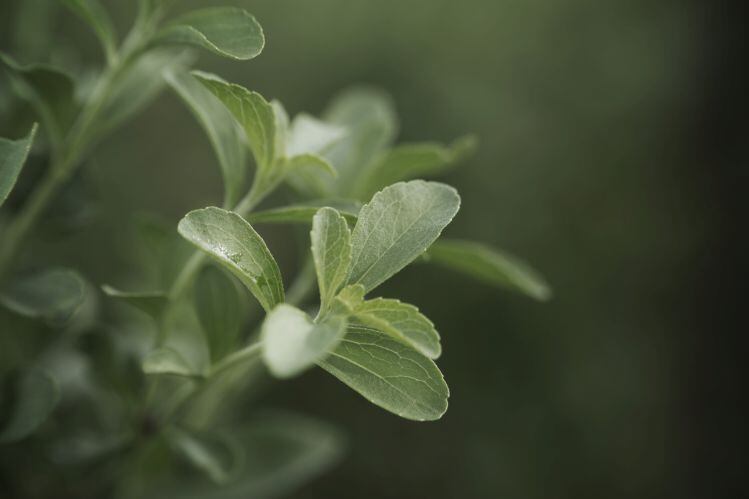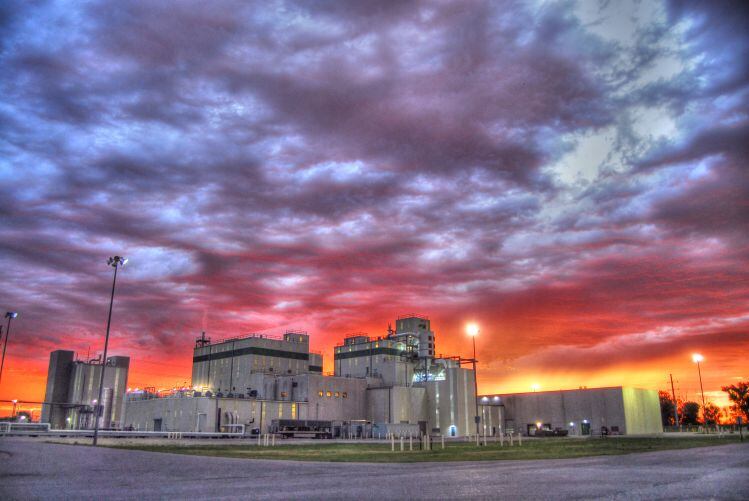Toyoshige Morita, president at Morita, told FoodNavigator-USA that Morita has only provided a license to Reb M to three partners: Avansya (a Cargill/DSM joint venture), Ingredion, and Tate & Lyle.
Some companies - which are not named in the press release - “market and sell Reb M on the internet or in exhibitions in the US, Europe and Japan, without a license, totally ignoring our patents,” he claimed.
“With this press release... following also the strong request by our licensees... it is the first time we officially make public the companies we have provided a license to, hoping to send a clear message to the market to respect the related intellectual property.
He added: "There are countries and companies that violate intellectual property rights without any reservation; in those cases, a behavior that ignores the quality and safety of the new stevia sweetener, which is anticipated as the next-generation sweetener, is indeed becoming a problem.
"Exactly because it is a new stevia sweetener expected to become the next-generation sweetener, in order to 'raise' it properly, I feel that this press release is important."
'It is the first time we officially make public the companies we have provided a license to'
Asked whether the press release was designed to serve as a public warning to a particular competitor or some kind of signal that Morita is considering legal action to enforce its intellectual property rights, President Morita said:
"This press release is a first step before we decide whether to take any stronger actions, and is also targeted to Chinese companies that are ignoring our patents as well as to food and beverage manufacturers that may be using Reb M in their products without knowing that they are infringing our patents."
In the release, Morita claims: “Rebaudioside M, or Reb M for short, was discovered by the pioneer of stevia, Morita Kagaku Kogyo Co., Ltd., based in Japan, as a result of many years of stevia plant breeding efforts. For this work, Morita has been granted the patent for the Reb M molecule.
"Morita’s patents have been granted in Japan, the US, Europe, Korea and Malaysia. In addition, Morita has filed numerous related patent applications, including in China: JP5604426/JP6307649/JP6159993/US8703225/US9215889/US9848632/US10420360/EP2350110/ KR101708068/KR101918422/KR101918423/MY158626."
PureCircle 'sees the intellectual property related to Reb M substantially differently'
Stevia specialist PureCircle - which has extensive IP around Reb M and is also in the process of being acquired by Ingredion, one of Morita's licensees - told FoodNavigator-USA that PureCircle "sees the intellectual property related to Reb M substantially differently [to Morita]."
VP global marketing Alina Slotnik added: "In the most simple terms, we believe the following:
- Naturally occurring molecules are unpatentable - In the US and many other countries, products of nature, including naturally occurring molecules, are unpatentable as codified in 35 U.S.C. . Reb M is a naturally occurring molecule that contributes to the sweetness in all Stevia plant leaves.
- The Morita patents cited include one that is currently in dispute – The European Patent Register states this patent is currently in Opposition.
- PureCircle holds an extensive patent library related to Reb M – PureCircle holds a library of granted patents on stevia varietals, agronomy and production process related to Reb M."
President Morita told us: "We are aware of PureCircle's ongoing acquisition by Ingredion. This will mean that there will be no more infringement from the PureCircle side. We are, however, concerned that the effect of their marketing activities, as well as the effect of other stevia companies' activities so far may remain.
"This effect is that more people and more companies might think that those companies have not infringed Morita's patents or send a false signal to the market that it is not an infringement to freely produce and sell Reb M."
ZCHT EVP: 'We share a similar perspective to PureCircle'
China-based stevia leaf extract giant ZCHT (Zhucheng Haotian Pharma Co., Ltd) also took issue with Morita's press release, with executive vice president Michael Chen telling FoodNavigator-USA in a statement that ZCHT "recognizes and appreciates the pioneering contributions of Morita Kagaku Kogyo Co in bringing the indigenous stevia rebaudiana plant from South America to the farmlands of China for cultivation -- paving the way for the global market to discover the sweet potential of this exceptional plant."
However, he added, "In regards to Morita's patent claim on the Reb M molecule, we share a similar perspective as PureCircle where we believe that natural compounds cannot be patented and any claims to ownership of individual steviol glycosides will be found to have insufficient legal basis. We also are of the opinion that the said patent claim for Reb M does not apply to natural Reb M extracted from the stevia leaf because the two are structurally different."
'While other suppliers depend upon enzymatic processes to synthesize Reb M at sufficient scale, ZCHT remains committed to natural extraction methods'
He noted: "Morita's licensees who are advocating for protective IP action are manufacturers or sellers of stevia products that are synthesized to be molecularly equivalent to the licensed patent, relying on fermentation technologies that may not utilize naturally grown and farmed stevia.
"In contrast, ZCHT has focused our intellectual property investments on extraction technologies to improve the sustainability, quality and usability of our natural stevia supply. We've developed proprietary agronomy processes to maximize the natural occurrence of glycosides like Reb M.
"Perfected through years of innovation, our extraction methods preserve and make these compounds available in ready-to-use forms for our manufacturing customers. While other suppliers depend upon enzymatic processes to synthesize Reb M at sufficient scale, ZCHT remains committed to meeting the fast-growing marketplace demand for better-tasting stevia through sustainable farming practices and natural extraction methods. This commitment is already coming to fruition as we expect to be able to deliver hundreds of metric tons of high purity steviol glycosides like Reb D and Reb M in 2021."
SweeGen: We sell Bestevia Reb M under a license granted by Morita through Ingredion
SweeGen told us that it "sells Bestevia Reb M under a license granted by Morita through Ingredion. Ingredion continues to distribute and sell SweeGen’s stevia ingredients, including Reb M under a non-exclusive agreement with SweeGen."
Stevia lawsuits
Several lawsuits have been filed over intellectual property and distribution rights in the stevia space in recent years.
Most recently, in April 2020, PureCircle accused rival stevia maker Almendra* of infringing its U.S. Patent No. 10,398,160 ('Glucosylated steviol glycoside as a flavor modifier'), which Almendra vigorously denied.
PureCircle also sued SweeGen in late 2018,** accusing it of infringing U.S. Patent No. 9,243,273 covering a method of making Reb M, which SweeGen also vigorously denied.
A patent infringement complaint filed by PureCircle against Sweet Green Fields (SGF) in 2017 was resolved in early 2018 when SGF signed a license agreement with PureCircle.
Ingredion, which distributes SweeGen’s stevia ingredients, sued SweeGen in June 2019*** alleging it had violated their distribution agreement by doing its own direct marketing, but resolved the dispute via arbitration the following month.
*PureCircle USA Inc. et al v. Almendra Americas LLC et al. 1:20-cv-01462, filed in Georgia in April 2020.
**PureCircle USA Inc. et al v. SweeGen, Inc. et al. 8:18-cv-01679 filed in California in September 2018.
***Ingredion Incorporated v. SweeGen, Inc.. 1:19-cv-03879



